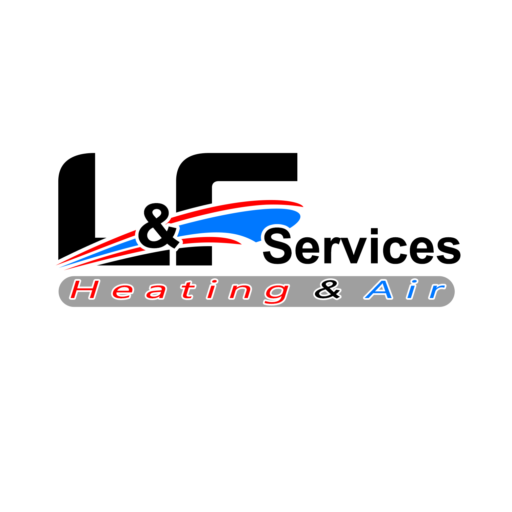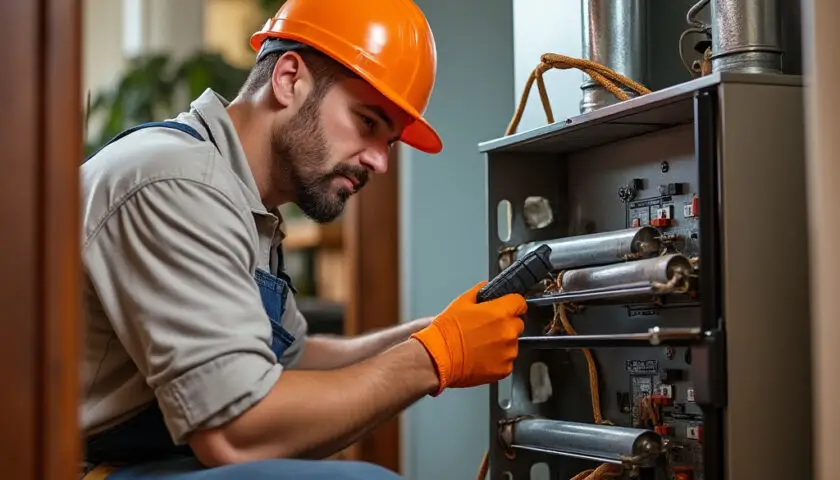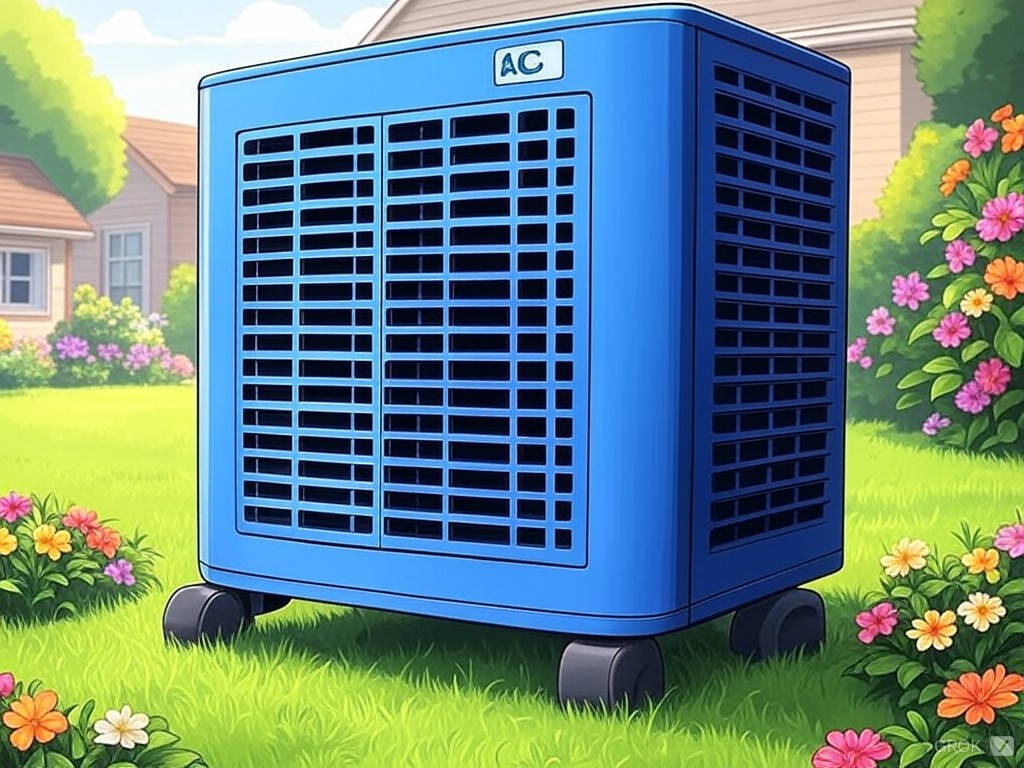When the summer heat is at its peak, there’s nothing more frustrating than discovering your air conditioning unit is not working. Whether your AC will not turn on at all or it starts but does not run, understanding the common issues can help you troubleshoot the problem. Here, we will discuss the various reasons why your central air conditioning unit might not be functioning properly and how you can address these issues. Identifying these problems early can save you from uncomfortable heat and costly repairs in the long run.
A proactive approach to maintaining your AC unit involves understanding its components and common issues that arise. While some problems might require a professional’s touch, many can be resolved with a bit of know-how and regular maintenance. By familiarizing yourself with the potential issues, you can ensure that your air conditioning system runs smoothly throughout the scorching summer months. Let’s delve into some common troubleshooting steps to help you get your AC back to cooling your home effectively.
When Your AC Unit Is Not Turning On Check the Thermostat
The first step in troubleshooting an air conditioner that won’t turn on is to check the thermostat. Sometimes, the problem is as simple as the thermostat not being set correctly. A malfunctioning thermostat can prevent the entire cooling system from working, so it’s crucial to ensure it is functioning properly.
Ensure Proper Settings
- Power Supply: Ensure that your thermostat is receiving power. If it is battery-operated, try replacing the batteries. If it is hardwired, check the circuit breaker. Even if the screen appears to be on, it might not be functioning correctly due to low battery power. A quick battery change could resolve the issue.
- Correct Mode: Make sure the thermostat is set to “cool” and the desired temperature is lower than the current room temperature. Sometimes, thermostats can be accidentally set to the “heat” or “off” mode, preventing the AC from activating. Double-checking these settings can save you a lot of time and frustration.
- Calibration: If the thermostat is not calibrated correctly, it may not signal the AC unit to turn on. Check your manual for calibration instructions or contact a professional. Over time, thermostats can lose calibration, leading to inaccurate temperature readings and inefficient cooling.
Inspect the Power Supply
A lack of power supply is a common reason for an AC unit not turning on. Ensuring that your unit is receiving adequate power is crucial for its operation. Here are some areas to inspect:
Bad Circuit Breaker may be why your AC unit is not turning on
- Tripped Breaker: Check the circuit breaker box for any tripped breakers. Reset the breaker for your air conditioning unit if necessary. If it trips again, there might be an underlying issue that needs professional attention. Repeated tripping indicates a deeper electrical problem that could be dangerous if not addressed promptly.
- Fuse Box: If your home has a fuse box instead of a circuit breaker, inspect the fuses and replace any that are blown. Fuses can degrade over time or blow due to surges, and replacing them can be a simple fix to restore power.
Power Switch
- Main Power Switch: Ensure that the main power switch for your air conditioning unit, usually located near the outdoor unit, is turned on. It’s easy to overlook this switch, especially if you’ve recently had any maintenance or landscaping work done.
Electrical Connections
- Loose Wires: Check for any loose or disconnected wires in the AC unit and thermostat. Be sure to turn off the power before inspecting electrical components to avoid injury. Loose connections can prevent the unit from receiving power or communicating with the thermostat.
AC Not Turning on Because Of The Air Filters
A dirty or clogged air filter can restrict airflow and cause your air conditioner to stop working. Regularly checking and maintaining your filters can prevent this common issue.
Clean or Replace Filters
- Filter Maintenance: Inspect the air filters and clean or replace them if they are dirty. Regular maintenance of air filters not only ensures efficient operation but also improves air quality. Dirty filters can lead to poor airflow, causing the system to work harder and potentially overheat.
- Routine Checks: Make it a habit to check your filters every month, especially during heavy use periods. Keeping a few spare filters on hand can make replacements quick and easy, ensuring your system runs smoothly.
Check the Condensate Drain Line
If your AC unit has a clogged condensate drain line, it may cause the system to shut down to prevent water damage. This is a safety feature designed to protect your home from potential leaks and water accumulation.
Clear the Drain Line
- Drain Line Blockage: Locate the condensate drain line and check for any blockages. Use a wet/dry vacuum to clear any clogs if necessary. Regularly flushing the drain line with a mixture of vinegar and water can help prevent buildup and blockages.
- Preventive Measures: Consider installing a safety float switch that will shut down the system if the drain line becomes clogged, alerting you to the problem before it causes damage.
Inspect the Capacitor
The capacitor is a small cylindrical object that stores energy and helps start the AC motor. A malfunctioning capacitor can prevent your AC unit from turning on. Recognizing the signs of a bad capacitor can prevent further damage to your system.
Test the Capacitor
- Capacitor Functionality: If you suspect the capacitor is faulty, it is best to contact a professional to test and replace it if necessary. Attempting to test or replace a capacitor without proper knowledge can be dangerous.
- Signs of Failure: Listen for humming noises or observe if the fan blades are not spinning properly. These can be indicators that the capacitor is not functioning as it should.
Examine the Compressor
The compressor is the heart of your AC system, and if it’s not working, the AC will not function. It plays a crucial role in circulating refrigerant and maintaining the system’s pressure levels.
Assess the Compressor
- Compressor Issues: Listen for any unusual noises coming from the compressor. If there is a problem, such as a refrigerant leak or electrical issue, a professional technician should be consulted for repairs. Ignoring compressor issues can lead to complete system failure.
- Maintenance Tips: Regularly scheduled maintenance by a professional can help identify potential compressor problems early, saving you from costly repairs or replacements.
Check the Refrigerant Levels
Low refrigerant levels can cause your air conditioner to stop working efficiently. Maintaining the correct refrigerant levels is crucial for optimal cooling performance.
Recharge Refrigerant
- Refrigerant Leak: If you suspect a refrigerant leak, contact a licensed HVAC technician to assess and recharge the refrigerant, as handling refrigerants requires special equipment and certification. Attempting to fix a leak on your own can be dangerous and illegal.
- Efficiency Impact: Low refrigerant levels not only reduce cooling efficiency but can also cause the compressor to overheat, leading to further damage.
Inspect the Outdoor Unit
Sometimes, the issue lies with the outdoor unit of your air conditioning system. Keeping the outdoor unit in good condition ensures efficient heat exchange and overall system performance.
Clear Debris and Obstructions
- Outdoor Unit Maintenance: Ensure that the outdoor unit is free from debris, leaves, or any obstructions that might impede airflow. Regularly clean the unit to maintain optimal performance. Blocked airflow can strain the system and reduce its lifespan.
- Regular Inspections: Make it a routine to inspect the outdoor unit seasonally, ensuring that bushes or plants are trimmed back to allow for proper airflow and prevent obstructions.
Conclusion
When your AC unit is not turning on, it can be due to various reasons, from simple thermostat issues to more complex electrical problems. By following these troubleshooting steps, you can identify and resolve some of the common causes of an air conditioner not functioning. However, if you are unable to fix the problem or if it involves complex electrical components, it is always best to contact a qualified HVAC technician for professional assistance. Keeping your air conditioning system well-maintained will ensure it runs efficiently and reliably when you need it most. Regular checks and preventive maintenance can extend the life of your system and keep your home comfortable all summer long.
Taking the time to understand your AC unit and its components can empower you to tackle minor issues and recognize when professional help is necessary. Remember, safety is paramount when dealing with electrical components, so when in doubt, seek the expertise of a certified technician. With proper care and attention, your air conditioning system will be a reliable ally against the summer heat for years to come.



